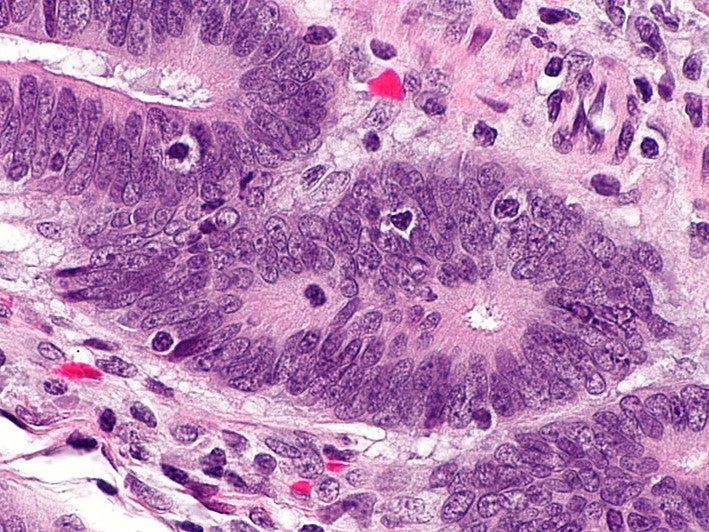
Northwestern University researchers have developed a drug delivery system that can disguise chemotherapy drugs as fat, meaning that tumours readily consume them, the drugs are then activated to suppress tumour growth and eventually the tumour dies.
The system is an engineered long-chain fatty acid with two binding sites on each end for the drugs, which is hidden inside human serum albumin (HSA). The body’s cellular receptors recognise the fats and proteins supplied by the HSA, and allow the fatty acid to enter cells.

Discover B2B Marketing That Performs
Combine business intelligence and editorial excellence to reach engaged professionals across 36 leading media platforms.
Northwester University Jacob and Rosalind Cohn professor of chemistry Nathan Gianneschi, who led the research, commented: “It’s like a Trojan horse. It looks like a nice little fatty acid, so the tumor’s receptors see it and invite it in. Then the drug starts getting metabolized and kills the tumor cells.
“The idea is to disguise drugs as fats so that they get into cells and the body is happy to transport them around.”
In an animal study, the system was used to carry US Food and Drug Administration-approved chemotherapy drug, paclitaxel. The disguise system allowed the drug to enter and completely eliminate three types of cancer tumours: bone, pancreatic and colon.
Additionally, this approach reduced the toxicity and side effects of paclitaxel by almost 17 times, while allowing for a 20 times higher dose to be delivered. Gianneschi noted: “Our goal is to increase the amount that gets into a tumor versus into other cells and tissues. That allows us to dose at much higher quantities without side effects, which kills the tumours faster.”

US Tariffs are shifting - will you react or anticipate?
Don’t let policy changes catch you off guard. Stay proactive with real-time data and expert analysis.
By GlobalDataThe study was published in Journal of the American Chemical Society and was funded by Elevance Renewable Sciences, the ARCS Foundation and the Inamori Foundation.
The first author of the study was Cassandra E Callmann, a fellow at the university and Gianneschi’s former graduate student.




